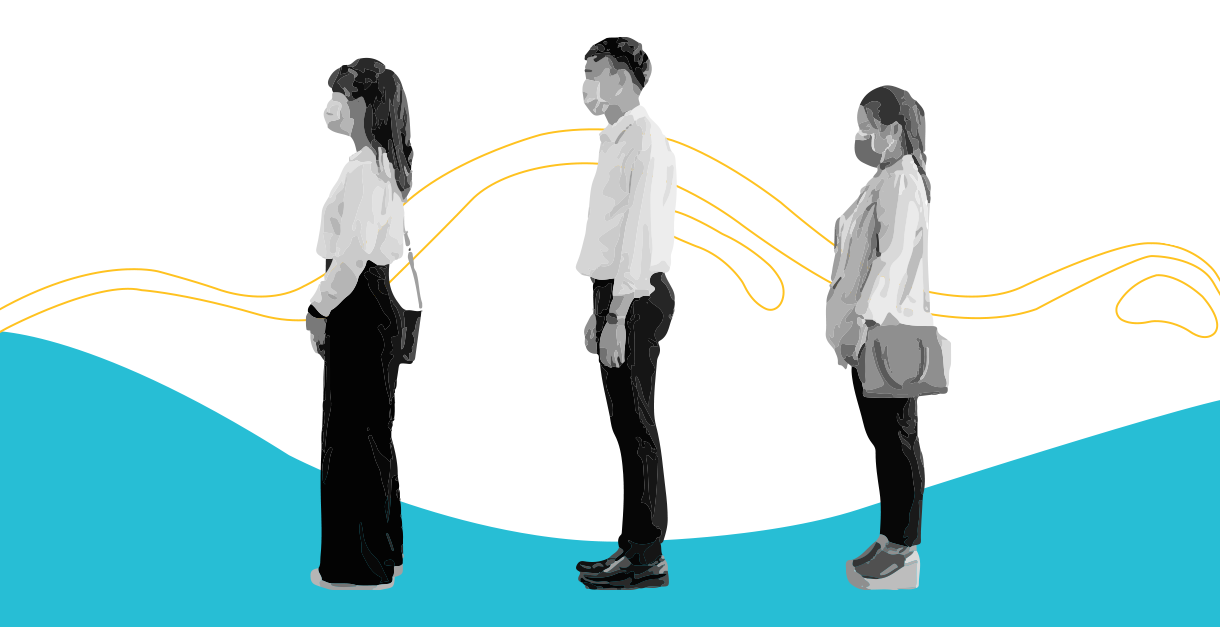7 Innovative Technologies from Tourism to Coronavirus
 Zoox Smart Data - 28 de July de 2020.
Zoox Smart Data - 28 de July de 2020.
In July, many countries began to resume activities related to tourism. The COVID-19 pandemic was a major blow to the sector, which will still feel the effects for many years to come. New practices and restrictions have changed the requirements for everyone.
This scenario did not prevent technological innovations from coming up with new and creative solutions for travel companies. Check out some:
1. Seats that protect from viruses

Italian aircraft design company Avio Interior has launched two new seating concepts that protect passengers. The first, Janus, keeps the chairs facing in opposite directions, involving the back and sides of the seat. The second, Glassafe, installs transparent covers on each seat, isolating the passenger from the shoulders up.
2. AirShield: Air barriers

Another solution for aircraft design, Teague’s AirShield, manages the airflow in the cabin to create a barrier around each seat. Whenever a passenger coughs or sneezes, AirShield keeps the droplets contained in the passenger’s space, redirects them down, and then out of the plane.
3. Hotel rooms become compact restaurants
The Stadt hotel in Lidkoping, Switzerland, has transformed some of its rooms into compact restaurants. In this way, the customer can have the experience of a restaurant without being overexposed to the virus. Orders can be placed by cell phone, on the hotel’s Wi-Fi.
4. Buy one, give another
The BuyOneGiveOne Stay initiative allows customers to purchase travel in advance and, at the same time, donate a trip to a healthcare worker.
Several hotel chains participate in the initiative, with packages that include low prices, loyalty scores, gift cards, and membership with international charities, such as the American Nurses Association.
5. Onsen Baths in Virtual Reality
The “onsen” bath in hot springs is one of the most striking experiences of Japanese tourism. The Arima Onsen inn, which closed 90% of its hostels in the pandemic, recorded 20-minute videos with Virtual Reality of its facilities. The idea is that viewers feel they are in the bath, so the sound is carefully crafted to simulate the sounds of the experience.
6. Social Distancing Sensors
How safe should I stay to avoid coronavirus contamination?
The World Health Organization (WHO) suggests at least one meter. The U.S. Centers for Disease Control and Prevention recommends six feet. Lincolnshire, UK-based company Tended has created a bracelet that tracks the distance between people in an environment. Just distribute it among people in an environment and it will beep if someone does not respect the distance.
7. Low Touch Hotel employs just two members of staff
Leyeju Smart Hotel, a Beijing company, is developing a chain of low touch smart hotels. Guests make online reservations through the website. They check in with Facial Recognition and are guided to the rooms by robots. Light, temperature, and water are automatically controlled by voice command. The automation package allows the hotel to operate with just two employees for emergencies.
Learn more about Low Touch Model for Tourism and Hospitality in our new e-book:




Comments